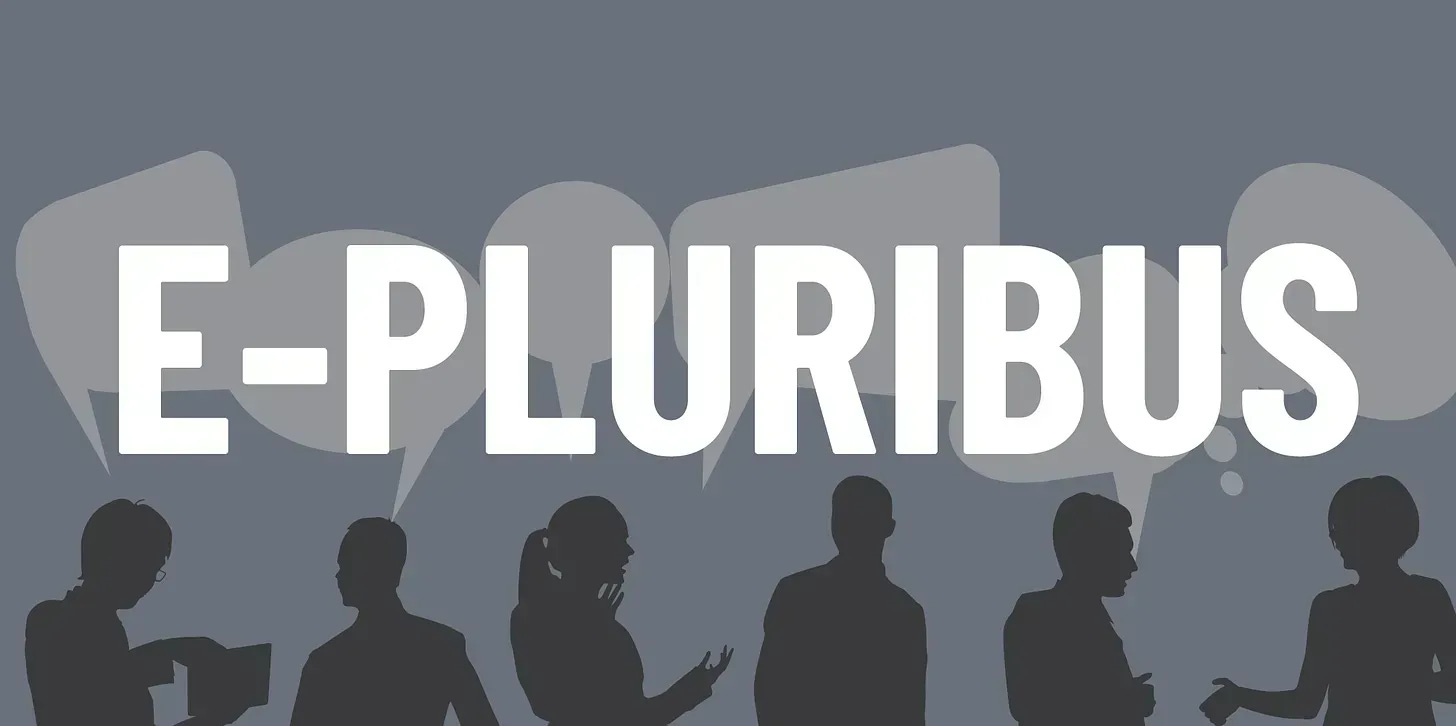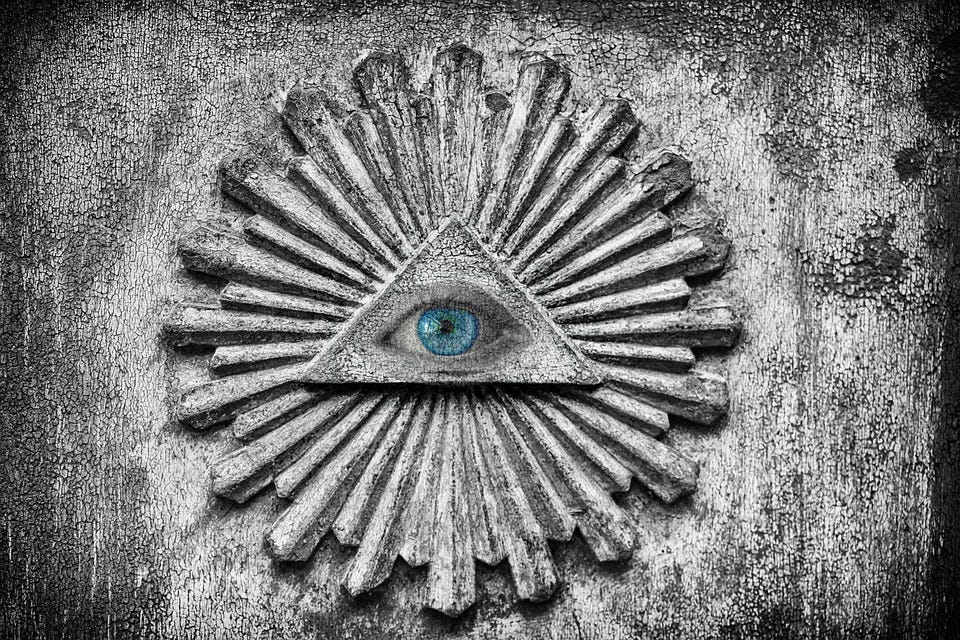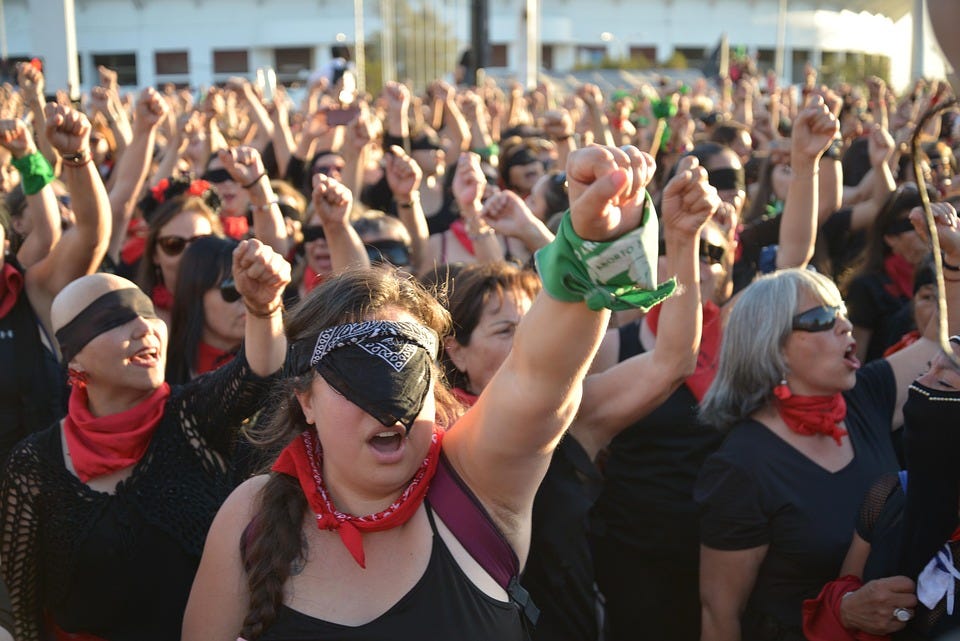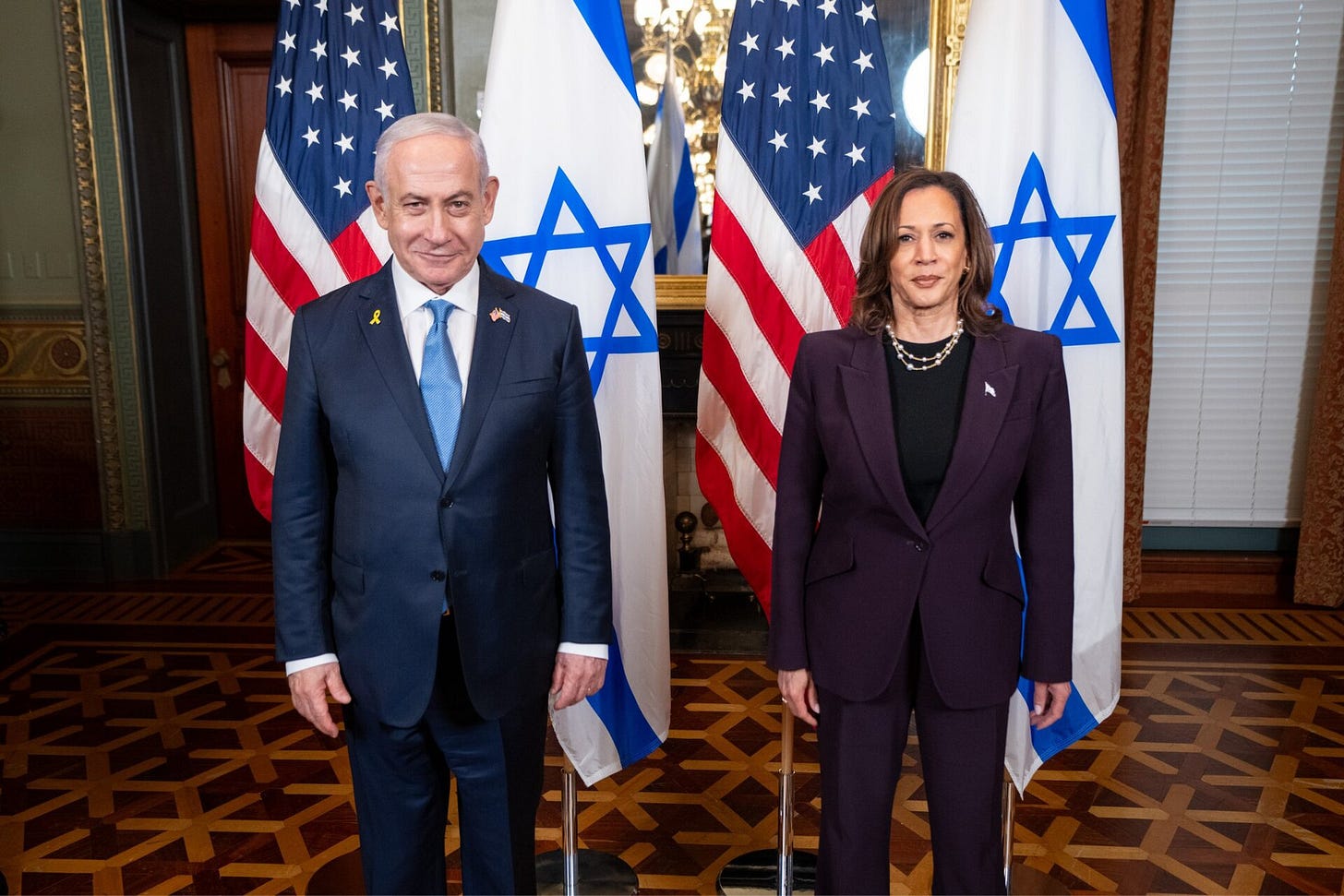E-Pluribus | March 17, 2025
COVID lab leak and free speech; colleges invited Trump retribution; The FCC's 'show trial' against CBS
A round-up of the latest and best musings on the rise of illiberalism in the public discourse:
Zeynep Tufekci: We Were Badly Misled About the Event That Changed Our Lives
Science progresses when researchers are free to follow the evidence wherever it leads. The academics investigating the origins of COVID-19 discarded this bedrock scientific principle by lying to the media and hiding crucial facts from the public in their rush to discredit the lab-leak hypothesis.
At the New York Times, Zeynep Tufekci argues that this haphazard censorship scheme backfired, destroying the credibility of “respectable” institutions that tried to preserve their reputations through deception:
…[W]hen people started speculating that a laboratory accident might have been the spark that started the Covid-19 pandemic, they were treated like kooks and cranks. Many public health officials and prominent scientists dismissed the idea as a conspiracy theory, insisting that the virus had emerged from animals in a seafood market in Wuhan, China. And when a nonprofit called EcoHealth Alliance lost a grant because it was planning to conduct risky research into bat viruses with the Wuhan Institute of Virology — research that, if conducted with lax safety standards, could have resulted in a dangerous pathogen leaking out into the world — no fewer than 77 Nobel laureates and 31 scientific societies lined up to defend the organization.
So the Wuhan research was totally safe, and the pandemic was definitely caused by natural transmission — it certainly seemed like consensus.
We have since learned, however, that to promote the appearance of consensus, some officials and scientists hid or understated crucial facts, misled at least one reporter, orchestrated campaigns of supposedly independent voices and even compared notes about how to hide their communications in order to keep the public from hearing the whole story. And as for that Wuhan laboratory’s research, the details that have since emerged show that safety precautions might have been terrifyingly lax.
…
But a clumsy, misguided effort like this didn’t just fail; it backfired. These half-truths and strategic deceptions made it easier for people with the worst motives to appear trustworthy while discrediting important institutions where many earnestly labor in the public interest.
Naomi Schaefer Riley, James Piereson: Trump’s College Crackdown: It’s Their Own Fault
At City Journal, Naomi Schaefer Riley and James Piereson anticipate that the Trump Admin’s crackdown on Columbia portends more trouble for ideology-fueled universities. These schools could avoid the government’s wrath if they’d only roll back their open hostility to free inquiry and individual rights, but they seem constitutionally incapable of doing so:
The withdrawal of federal funds from Columbia--and possibly more institutions to follow--is only one step in Trump’s broader shake-up of higher ed … These moves are causing considerable weeping and wailing, but in truth, academic leaders and professors have no one to blame but themselves for their plight. They spent decades turning their campuses into sanctuaries for student activism and progressive ideology …
Surveys of college professors routinely show that 80 percent or more identify as left-leaning, with fewer than 5 percent identifying as conservative—most of them in engineering and business schools. In many disciplines—sociology, psychology, and political science, for example—one can find entire departments with no Republicans and few moderates. No wonder these fields have turned into havens for activists with little respect for free inquiry or the rights of others.
The myopia extends from professors to administrators to student activists. A recent issue of the Chronicle of Higher Education was devoted to “What Trump Has Wrought,” featuring a compilation of complaints from within academia. One professor (who requested anonymity) was advised by administrators to avoid using terms like “climate change, environmental justice, diversity, equity, and inclusion.” The professor notes, “I am constantly uncertain about what I can and cannot do.” Campus conservatives know the feeling.
Robert Corn-Revere: The FCC's show trial against CBS is a political power play
CBS caught flak in the final weeks of the 2024 presidential race for altering an answer Kamala Harris gave during a 60 Minutes interview, allegedly to make her sound more articulate. The FCC is investigating the network’s editorial decision as a possible “news distortion.” The Foundation for Individual Rights and Expression (FIRE) says the agency’s probe is nothing more than a show trial:
The complaint alleges that Harris gave a "word salad" response to a question about whether Israeli Prime Minister Benjamin Netanyahu was listening to the Biden administration and that CBS edited it to make her sound more articulate. One part of her responses [sic] was aired on "60 Minutes" and another part aired on "Face the Nation."
In short, CBS stands accused of committing journalism. Every day, from the smallest newspaper to the largest network, reporters and editors must make sense of and condense the information they collect—including quotes from politicians and other newsmakers—to tell their stories concisely and understandably. That task necessarily requires editing, including selecting what quotes to use. If the cockamamie theory underlying this FCC "investigation" had any merit, every newsroom in America would be a crime scene.
That's why the FCC in the past has never defined the editing process as "news distortion." In fact, the commission made quite clear when it first articulated the news distortion policy in 1969 that "we do not mean the type of situation, frequently encountered, where a person quoted on a news program complains that he very clearly said something else." It stressed, "We do not sit to review the broadcaster's news judgment, the quality of his news and public affairs reporting, or his taste."
The commission understood that this very narrow approach is required to respect both the First Amendment and the Communications Act, which denies the FCC "the power of censorship." As the FCC observed, "In this democracy, no Government agency can authenticate the news, or should try to do so."
Around Twitter (X)
The UK’s sorry experience with the BBC illustrates the risk that comes with state-funded media, says Wesley Yang:
On the flip side, force feeding the public propaganda disguised as news hasn’t worked so well in Britain:
There are many reasons we must protect free speech. FIRE helpfully reminds us of an oft-overlooked one: free speech protects innovation:
Finally, foreign policy commentator Scott Horton with a humorous yet essential bit of advice for conservatives—don’t become what you hated just a few months ago:










